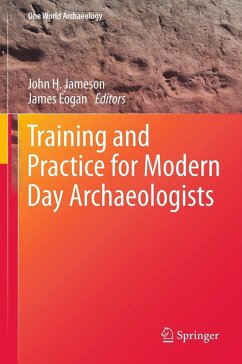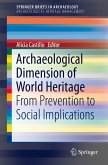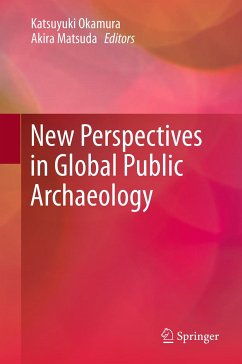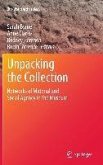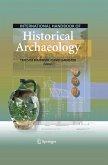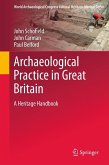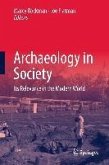This volume gets to the heart of a number of relevant issues: the international mobility of archaeologists and heritage managers; the problems of sustaining employment in a volatile market; employment of archaeologists in managing the archaeological impact of development projects; training partnerships; and the generation and interpretation of archaeological data and knowledge that results from such projects. In the 21st century, it seems likely that an increasing proportion of archaeological survey, excavation, and conservation work will be undertaken to mitigate the impact of developments. To derive maximum benefits (academic, societal and professional) from this work, our archaeological practices need to evolve. The papers in this volume contribute to a greater understanding of the need for these new forms of practice. Thus, Training and Practice for Modern Day Archaeologists is an invaluable resource for archaeologists, heritage preservation specialists, resource managers, educators and trainers, site managers, and anybody interested in the conservation of world heritage.
Dieser Download kann aus rechtlichen Gründen nur mit Rechnungsadresse in A, B, BG, CY, CZ, D, DK, EW, E, FIN, F, GR, HR, H, IRL, I, LT, L, LR, M, NL, PL, P, R, S, SLO, SK ausgeliefert werden.

